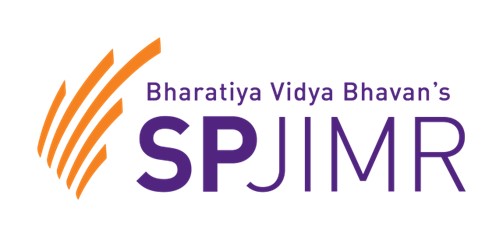Chennai: Bharatiya Vidya Bhavan’s S.P. Jain Institute of Management and Research (SPJIMR) Centre for Family Business & Entrepreneurship (CFBE) proudly announces its contribution to the report ‘Unlocking Legacy — The Path to Superior Growth in Family Businesses’. This collaborative effort with the STEP Project Global Consortium and KPMG Private Enterprise provides in-depth insights into how legacy influences growth and sustainability in family businesses.
Report Highlights:
- Collaboration: The report is a joint effort with the STEP Project Global Consortium, a global research initiative that studies the dynamics and performance of family businesses, and KPMG Private Enterprise.
- Focus: It examines the balance between tradition and innovation, highlighting how legacy can drive long-term success and sustainability in family businesses.
Key Insights:
- Legacy’s Role: The report emphasizes the importance of legacy in shaping business performance and guiding strategic decisions. It explores critical questions such as whether to expand into new markets, invest in technology, or diversify while maintaining traditional operations.
- Components of Legacy: The study identifies five key components of legacy: material, biological, social, identity, and entrepreneurial. These components significantly impact business results, with strong legacy scores correlating with high business performance and sustainability.
Survey Findings:
- Performance Link: Forty-three percent of the 2,683 survey respondents reported high business, environmental, and social performance, reinforced by strong legacies.
- Global Reach: The survey gathered insights from family business CEOs across 80 countries, territories, and regions, with SPJIMR capturing a substantial number of responses from Indian family businesses.
- Regional Discussions: The report includes findings from roundtable discussions with 21 family leaders and next-generation members, addressing the “legacy paradox” where legacy can be both an asset and a liability.
“Legacy connects generations and ensures the continuity and heritage of entrepreneurial success. It shapes the long-term vision of the family business and guides strategic choices, helping to determine when to lean on tradition and when to embrace the unknown,” said Prof. Tulsi Jayakumar, Executive Director, CFBE, and Chairperson, Post Graduate Programme in Family Managed Business (PGPFMB) at SPJIMR.
“Thanks to SPJIMR’s involvement, we were able to capture a substantial number of responses from Indian family businesses. Their dedication and expertise significantly contributed to the richness and diversity of the data collected. SPJIMR’s efforts have been vital in highlighting how Indian family businesses balance legacy and innovation to drive enduring success,” said Andrea Calabrò, Global Academic Director, SPGC.
The report underscores the essential role of legacy in future-oriented, sustainable growth for family businesses. SPJIMR’s involvement has been crucial in highlighting how Indian family businesses balance legacy and innovation to drive enduring success.



